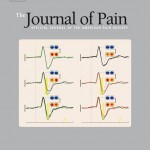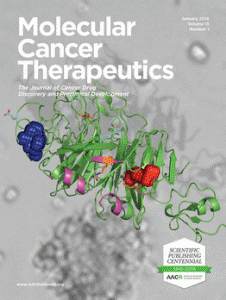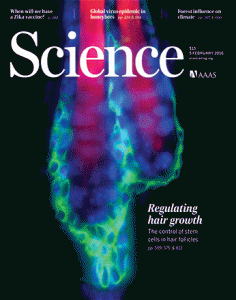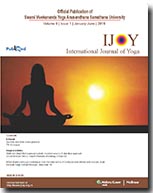 The author of a pilot study that suggested adding spices may encourage people to eat more vegetables initially didn’t realize that her paper had been retracted from Food and Nutrition Sciences in May.
The author of a pilot study that suggested adding spices may encourage people to eat more vegetables initially didn’t realize that her paper had been retracted from Food and Nutrition Sciences in May.
What’s more, Zhaoping Li, Chief of the Division of Clinical Nutrition at the University of California, Los Angeles and the first author on the paper, didn’t realize the reason for the retraction: The journal had mistakenly published her paper twice, and had to retract the second copy. The first remains published.
This was entirely the journal’s mistake, editor Alessandra Bordoni told us:
Continue reading Nutrition journal accidentally publishes spice paper twice








